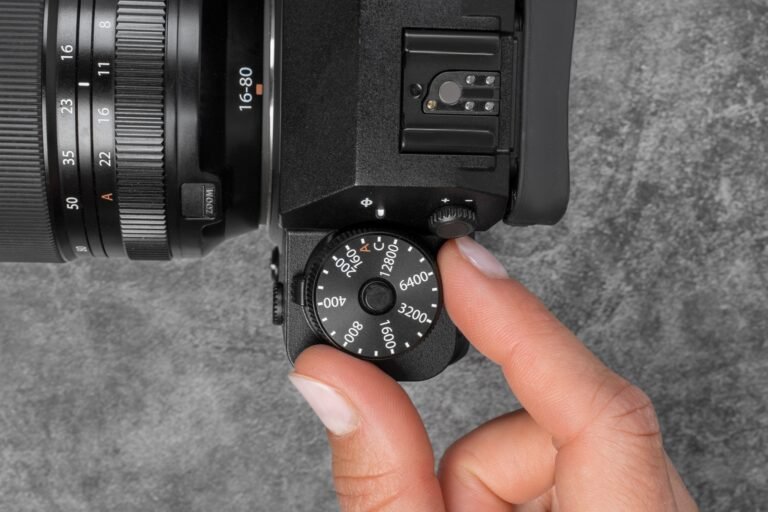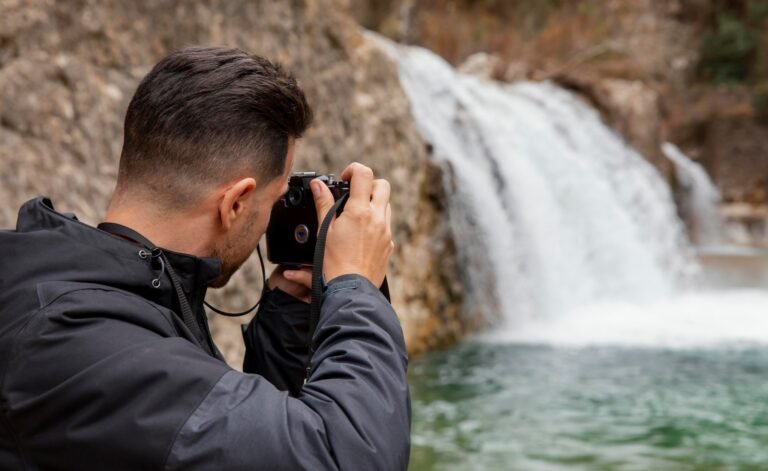
Learning photography as a beginner
Learning photography as a beginner with a professional camera can be both exciting and challenging. Here are steps you can follow to start your journey effectively:
1. Understand Your Camera: Begin by familiarizing yourself with your camera’s basic functions such as aperture, shutter speed, ISO, and white balance. Read the camera manual thoroughly to understand all its features and settings.
2. Learn the Exposure Triangle: Understand the relationship between aperture, shutter speed, and ISO, as they control exposure and affect the look of your photos. Experiment with different settings to see how they impact your images.
3. Practice Regularly: Take your camera out as often as possible and practice shooting in different environments and lighting conditions. Experiment with various subjects to understand composition, lighting, and framing.
4. Study Photography Basics: Learn fundamental photography principles such as composition (rule of thirds, leading lines, framing), perspective, depth of field, and focusing techniques. These principles will help you create visually appealing photographs.
5. Take Advantage of Online Resources: Utilize online tutorials, courses, and photography forums to learn techniques and tips from experienced photographers. Websites like YouTube, photography blogs, and online courses (e.g., Udemy, Coursera) offer valuable learning resources.
6. Join Photography Communities: Engage with other photographers through online communities, social media groups, or local photography clubs. Share your work, receive feedback, and learn from others’ experiences.
7. Experiment with Different Genres: Explore various genres of photography such as landscape, portrait, wildlife, street, and macro photography. This will help you discover your interests and develop a diverse skill set.
8. Understand Light: Learn to observe and manipulate natural and artificial light to enhance your photographs. Study how light direction, intensity, and quality influence the mood and appearance of your subjects.
9. Post-Processing Skills: Familiarize yourself with basic photo editing software (e.g., Adobe Lightroom, Photoshop) to enhance and refine your images. Start with simple edits like adjusting exposure, contrast, and color balance.
10. Seek Feedback and Learn from Mistakes: Don’t be afraid to ask for constructive criticism on your photos. Reflect on your work, identify areas for improvement, and learn from your mistakes to grow as a photographer.
11. Practice Patience and Persistence: Photography is a skill that takes time to master. Be patient with yourself and keep practicing consistently. Celebrate your progress and stay motivated to continue learning and improving.
By following these steps and dedicating time to practice and learn, you’ll gradually build confidence and proficiency with your professional camera. Enjoy the process of discovering your creative vision and capturing compelling images!






